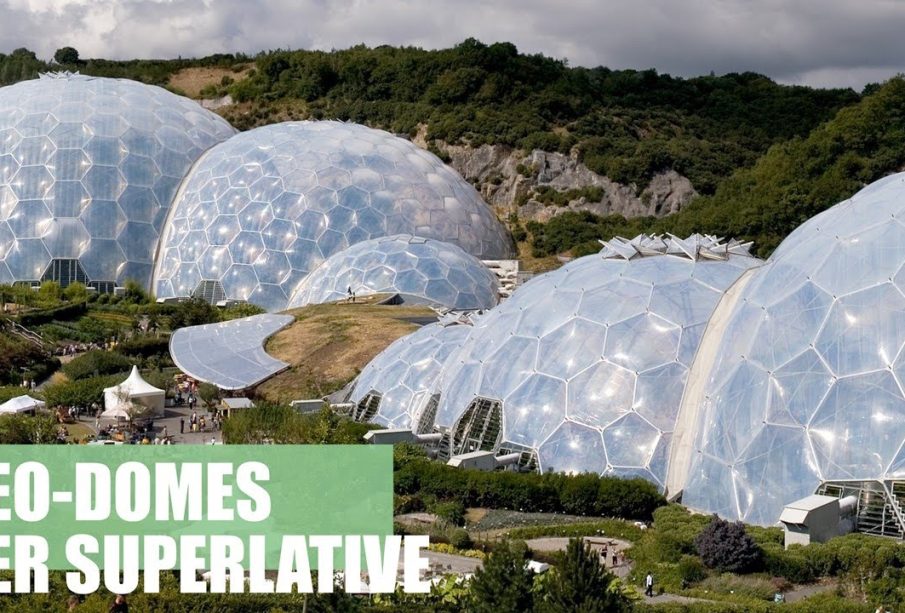Exploring the Eden Project: Nature and Innovation Combined

Introduction
The Eden Project, located in Cornwall, England, is a remarkable ecological park that serves as a significant example of sustainability and conservation in the United Kingdom. Opened in 2001, the project consists of multiple biomes housing various plant species from around the world and aims to educate visitors about the importance of biodiversity and environmental stewardship. As the world grapples with climate change and ecological degradation, the Eden Project remains relevant as a beacon of hope and innovation in environmental education.
Highlights of the Eden Project
The Eden Project spans over 35 acres and features two primary biomes. The first, the Rainforest Biome, is the largest indoor rainforest in the world, showcasing tropical plants and ecosystems from regions including Southeast Asia and West Africa. The second biome, the Mediterranean Biome, highlights warm temperate climates with diverse species from regions like California, Chile, and South Africa.
In addition to the biomes, the Eden Project hosts a wide range of outdoor gardens and installations, such as the ‘Hanging Gardens’ and ‘Wild Cornwall,’ which foster local flora and promote environmental sustainability. The project also engages in active conservation efforts and collaborates with numerous organisations to support global biodiversity initiatives.
Recent Developments and Events
In recent months, the Eden Project has launched several initiatives aimed at further enhancing its role in eco-tourism and education. One notable development is the introduction of the ‘Eden on the Road’ programme, designed to bring a taste of the Eden Project to communities throughout the UK with a series of interactive events and workshops focusing on sustainability.
Moreover, the Project is currently exploring proposals for a new Eden Project site in the north of England, which could expand its reach and influence even further. This move reflects an increasing demand for educational tourism experiences that highlight sustainable practices.
Conclusion
The Eden Project is not just a tourist attraction but a vital resource for education and a demonstration of what can be achieved when nature and innovation intersect. By offering a unique blend of entertainment and education, it serves as an inspiration for future generations to engage with and protect the environment. As the global focus on climate action grows, the relevance of such projects continues to rise, reminding us of our shared responsibility towards safeguarding our planet for the future.








